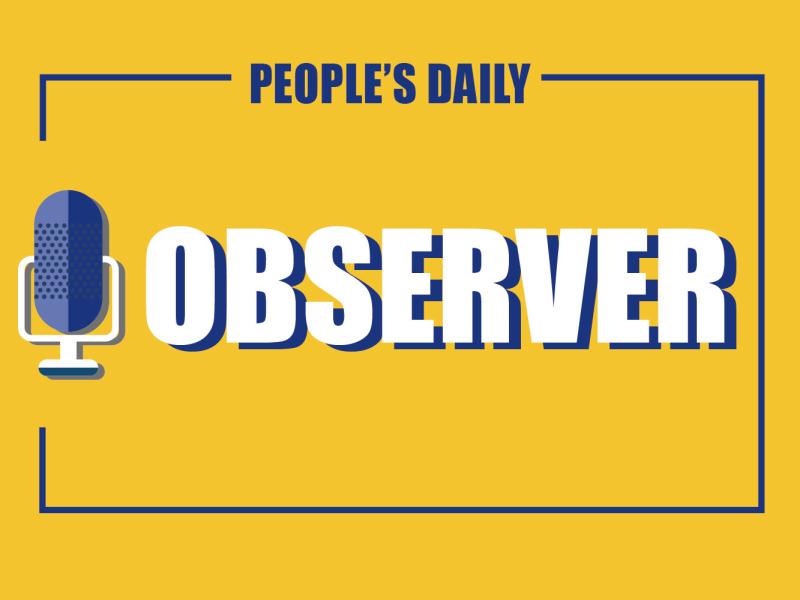
Recently, China’s State Administration for Market Regulation (SAMR), in accordance with law, has launched a probe into e-commerce giant Alibaba Group’s suspected monopolistic acts including forcing merchants to choose one platform between two competitors. This has caught wide attention and cause people to think about the development of the platform economy.
The platform economy has made positive contributions to better satisfying consumer demands, speeding up the replacement of old growth drivers with new ones, and promoting high-quality economic development in recent years.
However, with the rapid rise of the platform economy, some leading platforms have abused their dominant power in the market more frequently, disrupting the fair market competition order and hindering industry innovation.
In this sense, cracking down on illegal activities that hinder fair competition is conducive to promoting the better and healthier development of the platform economy.
Although platforms rely on economies of scale and network effects to develop, it does not mean that they can seek a monopolistic environment. It is the fierce market competition that unleashes the vigorous vitality and great potential of the platform economy and promotes the continuous innovation of technology and business models. Therefore, large internet platforms should take the lead in strengthening industry self-discipline, further enhancing their sense of social responsibility, and ensuring the sound development of the internet economy.
Fair competition is the core of the market economy while monopoly hinders its development. Strengthening anti-monopoly supervision and maintaining fair and orderly competition in the platform economy are conducive to giving full play to its role in effectively matching supply and demand, reducing transaction costs, and tapping potential markets. Such measures will also help optimize the allocation of resources, promote technological progress, and improve efficiency.
More importantly, anti-monopoly supervision can effectively reduce barriers to market entry, form an open and inclusive development environment, and enable more market players to share the dividends of the digital economy. It will also stimulate innovation and creativity of the whole society, and create new strengths and drivers of economic and social development.
How to formulate governance rules for the relatively new internet economy is a subject that the international community faces.
Despite new features such as multilateral markets, dynamic competition, cross-sectoral competition, and network effects in the platform economy, the tenets and essence of anti-monopoly laws and regulations remain applicable. Moreover, such laws and regulations need to be updated and improved to create a transparent and predictable legal environment for the development of the platform economy.
At present, various countries have been strengthening anti-monopoly supervision in the internet sphere to ensure effective industry competition and safeguard consumer rights.
For the platform economy, the strengthening of anti-monopoly supervision will not bring about a “winter” of the industry, but rather a new starting point for better and healthier development.
Looking back at the history of the internet economy, anti-monopoly supervision has removed many obstacles to the healthy development of the industry. In a certain sense, it’s because European and American countries limited the development of tech giants such as Microsoft and IBM through antitrust investigation that leads to the emergence and growth of internet pioneers including Google, Apple, Facebook, and Amazon, as well as strong vitality of the internet industry.
The SAMR’s investigation into Alibaba is an opportunity to enhance the awareness of fair competition and anti-monopoly compliance of internet companies. It’s also a chance to promote the innovative, orderly and healthy development of the platform economy.
It is believed that internet companies can correctly understand the relationship between industry regulation and their development, meet regulatory requirements in their business management, embrace a new starting point for development through reform and innovation, and embark on the track of more orderly and healthier development, so as to improve the international competitiveness of China’s digital economy.


